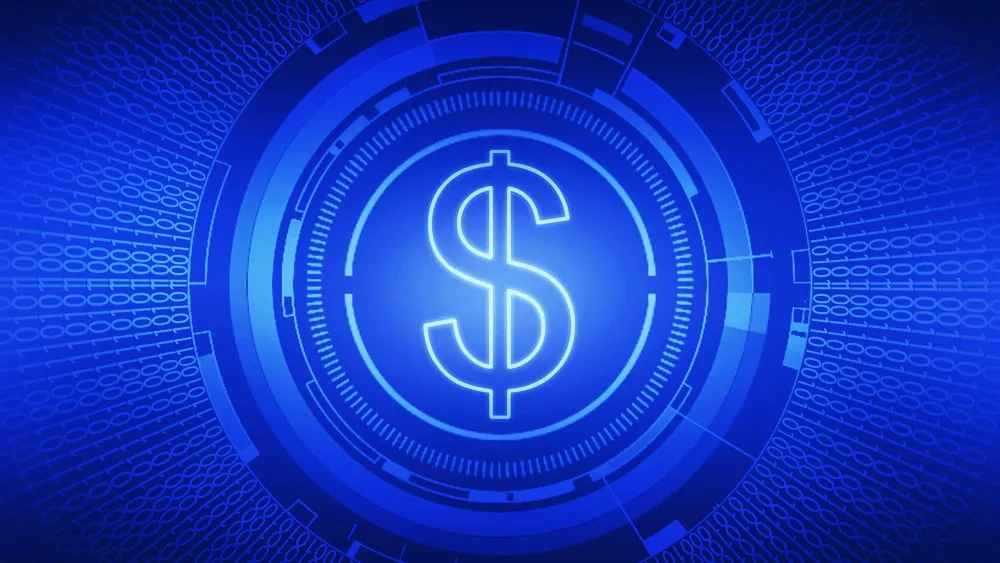In brief:
- The Digital Dollar could have privacy advantages over existing sovereign currencies, says Giancarlo.
- Private sector enterprises could become involve if signed off at the policy level.
- The digital dollar will remain unrelated to Bitcoin.
It’s time for the US to build a digital dollar, said former CFTC chairman J. Christopher Giancarlo in an ask me anything (AMA) talk as part of the Consensus 2020 conference. As the visionary behind the digital dollar project, he addressed some of the scheme's key concerns.
"Nothing is stronger than an idea whose time has come," Giancarlo said, quoting french Poet, Victor Hugo. Alluding, of course, to the digital dollar project, the former CFTC chief kicked off the AMA by pressing the need for infrastructural change within the "decaying" financial system. However, rather than striving to displace the existing system, the digital dollar, he says, aims to enhance it.
In the weeks and months since the coronavirus struck, the notion of a tokenized dollar has taken flight. Perceived as a way to disseminate stimulus quickly—particularly to the unbanked populus—as well as to overhaul an ailing system, the work of Giancarlo and his cohorts has become more pressing.
"The pressure of this crisis, the demands of this crisis, the urgency of the policy response, has really demonstrated limitations in the existing system," said Giancarlo during the AMA. "Yet we know that the technology to solve many of those problems is right there in hand."
The question, Giancarlo adds, is how to bring the technology together in a way that incorporates the values and protections afforded by paper currency.
Privacy concerns with the digital dollar
Chief among concerns around the project is privacy and how it would be preserved if a digital dollar was to be implemented.
"We have to make sure that values of privacy that exist in a pluralist society also are applied to this new [Central Bank Digital Currency] as well," said Giancarlo.
He continued that if a digital dollar was designed well, it could have advantages over existing sovereign currencies.
David Treat, co-lead of Accenture's Blockchain Business and a director of the Digital Dollar Project, suggested that the technical configurations born over the past ten years could be applied to bestow essential privacy provisions.
"There's a whole sector of tech innovation that has now layered onto the basic DLT construct to be able to provide those options," explained Treat.
Digital dollar won’t run on XRP
As for whether the digital dollar will be built on or in conjunction with private sector innovations such as XRP or Stellar, Giancarlo noted that any such collaboration was ruled out from the get-go.
"We made a policy choice early in our formation not to have institutional partners in the effort," said Giancarlo. "Our approach is to begin a national dialogue about the advantages of this." Still, he accepts that inevitably, much like the national space program or internet, commercial actors will be heavily involved, but that the choice will ultimately be determined on the policy level.”
The conversation naturally turned to the digital dollar's potential relationship with existing cryptocurrencies, namely Bitcoin.
Giancarlo noted that while the project was a tip of the hat to innovations such as Bitcoin, the aim wasn't to create a tangible connection between the two. Nevertheless, the former CFTC chairman remains bullish on Bitcoin's potential to influence the existing monetary system.
"Bitcoin's growth and success creates a lot of reasons to reconsider central bank money and also the monetary issues in regard to that a well," he said, "Gold served to some degree as a check on the monetary policy of central banks [...] Perhaps in a digital world, Bitcoin may serve a similar role."

